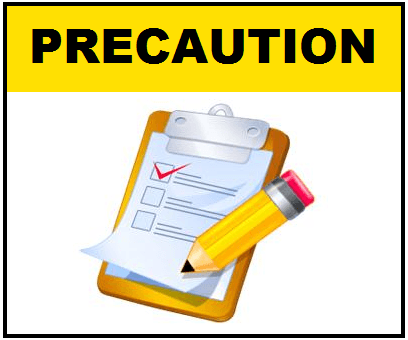Panaji: With the onset of monsoon in the state the Directorate of Health Services has cautioned citizens regarding increasing susceptibility to a lot of diseases, basically Influenza (viral flu), waterborne & Foodborne infections viz Typhoid, Diarrhoea, Cholera, Viral Hepatitis etc.
Symptoms of Influenza include fever, cough, sore throat, body ache, headache, breathlessness, chest pain, drowsiness, fall in blood pressure, sputum mixed with blood, bluish discoloration of nails, irritability among small children, refusal to accept feed and worsening of underlying chronic conditions. Common symptoms of waterborne and Foodborne infections are Fever, Nausea, Vomiting, loose motions, jaundice, abdominal pain and fatigue. All the cases with above mentioned symptoms should immediately report to the nearest health centre or physician.
DHS has also informed that influenza, Waterborne and Foodborne infections are easily preventable and urged general public to take preventive measures regarding hygiene, prevention of food etc.
DHS has advised citizens that good personal hygiene is the most important preventive measure. Wash hands before handling food and often during food preparation . Wash hands before eating and after going to the toilet especially in young children who may not be completely toilet trained. Wash and sanitize all surfaces and equipment used for food preparation. Protect kitchen areas and food from insects, pests and other animals. Maintain cleanliness in your surrounding and do not throw garbage in open.
Separate raw and cooked food: Separate raw meat, poultry and seafood from other foods, Use separate utensils such as knives and cutting boards for handling raw foods, Store food in containers to avoid contact between raw and prepared foods
Cook food thoroughly, especially meat, poultry, eggs and seafood. Bring foods like soups and stews to boiling to make sure that they have reached 70°C. Reheat cooked food thoroughly. Consume freshly cooked food and boiled water.
Keep food at safe temperatures: Do not leave cooked food at room temperature for more than 2 hours. Refrigerate promptly all cooked and perishable food (preferably below 5°C). Keep cooked food piping hot (more than 60°C) prior to serving. Do not store food too long even in the refrigerator. Do not thaw frozen food at room temperature. Do not expose food and beverages to flies.
Use safe water and raw materials: Use safe water or treat it to make it safe. Select fresh and wholesome foods. Choose foods processed for safety, such as pasteurized milk. Wash fruits and vegetables, especially if eaten raw. Do not use food beyond its expiry date. Do not consume water, milkshakes, fruit juices and eatables from roadside vendors.
Travelers: “Be careful what you eat”. Unpasteurized milk, non-bottled drinks, uncooked food should be avoided. Use boiled water or bottled mineral water (now available everywhere). Travelers should be aware of the importance of oral rehydration fluids containing salt and glucose for countering dehydration.



